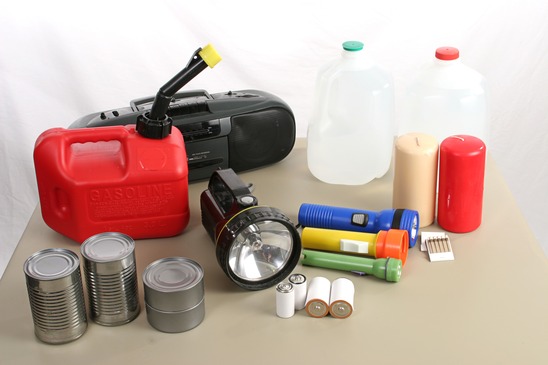Wildfires - protecting your home

Wildfire preparedness. Are you ready?
Experts are already warning us that we are in for a long fire season. Take preventative measures now to keep your family safe, and do what you can to protect your home and possessions.
As the smoke from the Fort McMurray fire begins to clear leaving the charred remains of hundreds of homes in its wake, our thoughts are with those who have lost so much and must begin again.
It is only May - technically early for “fire season” - and already we have suffered one of the most devastating fire-related disasters our country has ever seen. Climate experts tell us that we are in for a long fire season with a greater frequency of widespread fires. Many of us are wondering when and where the next wildfire will flare up, and will we be ready when it does?
Being prepared can save lives and help to rebuild them
As we have seen firsthand, it is an unfortunate reality that homes and possessions are often mercilessly consumed by wildfires. The best thing to do is to plan ahead and be as prepared as possible:
- Take steps to protect your home and your belongings in case of fire.
- Make a plan in the event that you’re forced to evacuate at a moment’s notice.
- Ensure that you have the right insurance coverage to help rebuild your life if a fire destroys your home.
Protect your home and possessions
You may feel that there is little that can be done if a wildfire reaches your home, but there are some fire-wise things that can give your property a better chance of remaining intact:
- Clear away debris, shrubs, wood, or any other fuel sources surrounding your house.
- Use fire-resistant materials like asphalt, metal, slate, clay, stucco, or brick for roof construction and siding.
- If you add a deck, porch or fence to your home, use fire-resistant materials.
- Do not store propane or gas tanks or firewood piles under your deck or close to your home.
- Cut away large branches that overhang your roof.
- Clean roofs and gutters of dead leaves, debris and pine needles that could catch embers.
- Remove any dead branches and debris from under your deck.
- Water plants and trees, and mulch regularly.
- Install a sprinkler inside your home.
- Install smoke detectors in your house - be sure to check the batteries regularly, and have working fire extinguishers readily accessible.
- Prepare a home inventory list, and store it in a fire-proof safe, safety deposit box or in the cloud where you can easily access it.
Make a fire evacuation plan
If your home is being threatened by a wildfire, you may have no more than an hour or less to evacuate. If panic takes hold, thinking logically about what you need to bring is not possible. Make a plan in advance while level heads prevail.
- Talk to family members about exit routes from your home. Discuss options if doors are blocked by fire, such as a porch roof or high trees.
- Ensure family members can descend from a high window or rooftop, such as having a rope ladder handy.
- Establish a meeting place outside and away from the house where you can account for each family member.
- Keep all doors clear in case of an emergency evacuation.
- Hold a drill to make sure everyone knows what to do.
- Have an emergency supply kit packed and ready with non-perishable food, water, medications, important documents, a spare set of keys, cash, flashlight and a first-aid kit.
- Make sure you always have a full tank of gas – there may not be time to fill it, or there may be long line-ups at the gas station.
Know your insurance policy – before you need to make a claim
Fire damage to your home and possessions is covered by most home insurance policies, which is a comfort in itself. But there are many variables and every policy is different. Make sure that you have the coverage you need, particularly if you live in an area that is prone to wildfires.
- If you are forced to evacuate your home, it could be weeks before you can return to access the damage. Your living expenses are covered up to the limit on your policy. Know what that limit is and determine if you will have enough coverage to last for a long time.
- Make sure your policy covers your home against smoke damage or damage caused by firefighters in an effort to put out the flames.
- Does your policy cover the cost to rebuild based on a specific value or the market value? You may find that the value specified in your policy doesn’t cover the actual cost to replace your home in today’s market.
- Is there a “no obligation to rebuild” clause in your policy? If an entire neighbourhood has burned to the ground, it can take years to return to its pre-fire state. Will you want to rebuild or move elsewhere?
Do what you can today to protect your family and your property from the ravages of a wildfire. As difficult as life can be following a devastating fire, preparing for it in advance can bring you and your family closer to recovery sooner.



